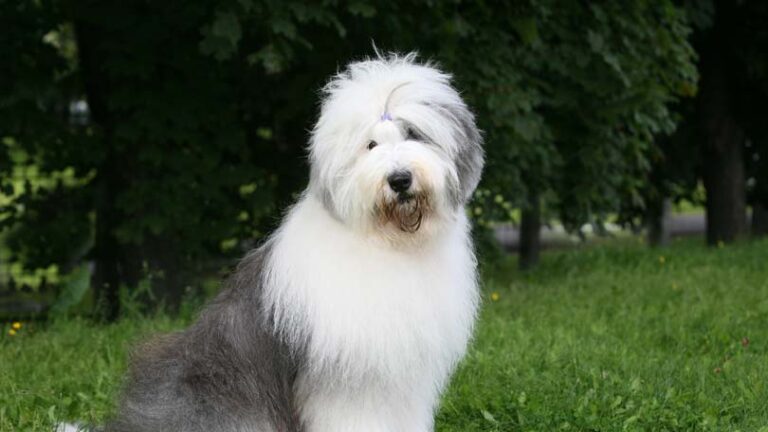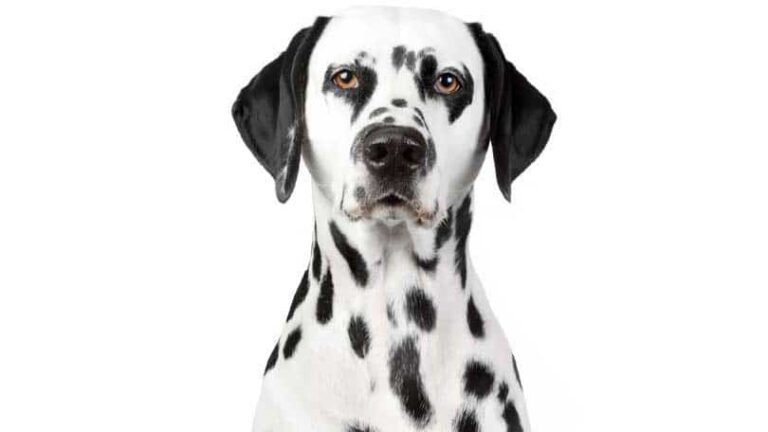German Shepherd Lifespan & Tips On How to Keep Them Healthy
Did you know that the German Shepherd Dog (GSD) has been ranked among the top ten most famous dogs in the US?
German Shepherd is a species that is renowned for its bravery, intelligence, and devotion. It’s a fantastic canine with many wonderful traits. They make excellent family pets and are incredibly devoted. So, it is only natural that we want them to stay around as long as they can because of their amazing friendship.
That’s why in this article we will explore and learn more about the German Shepherd Lifespan.

German Shepherd Lifespan
German Shepherd lifespan is 7 to 13 years, which is a little less than the 10 to 13 years that all canines live on average. Numerous variables, including breeding, health, activity, care, upbringing, and surroundings, affect how long they will survive.
Breed-specific health problems play a significant deciding role. Numerous life-threatening and debilitating illnesses can affect German Shepherds and reduce their lifespans.
Female German Shepherd lifespan is typically 1.4 more years than males. German Shepherd dogs typically live 11.1 years on average for females and 9.7 years on average for males.
Like all canines, German Shepherds have the potential to live longer than usual. There are some unconfirmed accounts of German Shepherds surviving into their late teens (possibly 18 to 20 years old).
However, in 2017, a mixed-breed German Shepherd turned 15 years old in Scotland. It was believed to be 17 years old and was abandoned at a refuge in Gardena, California, in 2014. Nobody knows, but it may have reached an even older age.
Why Is the German Shepherd Lifespan Relatively Short?
Small breeds typically have longer life spans than big breeds. A Chihuahua, for instance, could live to be 20 years old.
But large-scale research involving more than 80,000 canines discovered that certain diseases are differently vulnerable to small and large dog types, with large dogs being more susceptible to musculoskeletal diseases (like German Shepherds).
When a dog’s body mass increases, its longevity also appears to be dramatically reduced, particularly in huge varieties like the aforementioned Great Dane.
Common Health Issues Throughout German Shepherd Lifespan
Here are a few typical health conditions that affect a German Shepherd lifespan. Although none of these are even remotely guaranteed, being prepared is always a good idea. You can keep an eye out for any symptoms arising if you are aware of the possible issue areas.
Once you are aware of what to watch out for, you can give your canine the attention he requires as soon as possible. Additionally, being aware of possible health issues will enable you to take precautions to extend your German Shepherd lifespan.

Osteoarthritis
Even though osteoarthritis affects a lot of canines, bigger breeds like German Shepherds might be more susceptible. This disease, also referred to as Degenerative Joint Disease (DJD), is characterized by joint inflammation brought on by cartilage degradation or weakness.
The cartilage that covers the joint bones allows them to move softly and easily against one another. Pain, irritation, a reduction in range of motion, and excruciating bone spurs are all consequences of cartilage loss. The lower spine and extremities are where this illness most frequently manifests.
Bloating
Dogs with deep chests, such as German Shepherds, are more prone to bloat or gastric dilatation volvulus (GDV). And this can affect the German Shepherd lifespan. The stomach rotates and fills with gas in this potentially fatal disease, leading to serious problems.
Dysplasia
Hip dysplasia is a disease where the hip’s ball and socket joint do not match due to improper development. As a result, the hip joint scrapes and scratches against itself rather than gliding smoothly. As a result, the hip joint gradually deteriorates and becomes dysfunctional.
While genetics are most frequently the underlying reason for hip dysplasia, a dog’s rate of growth can also have an impact on this disease. Along with the canine’s diet and weight, other variables that influence the development of hip dysplasia include the type of activity the dog is usually engaged in.
Tips to Increase German Shepherd Lifespan
German Shepherd lifespan can be extended by 18 to 24 months simply by maintaining a healthy weight. This entails giving your dog the right quantity of food each day and avoiding overfeeding.
Diet & Nutrition
Making sure that you don’t overfeed your canine or give him needless sweet treats is a crucial part of keeping your companion healthy. Make sure they consume a varied, nutritious diet and refrain from giving them too much sugar. Select low-carb canine food with 18–22% protein content.
An active companion should consume no more than 2100 calories per day to maintain a healthy weight of 70 to 90 pounds for a mature German Shepherd. To prolong a German Shepherd lifespan, make sure not to give your companion more than 1500 calories a day if they lead a sedentary lifestyle.
Physical Activity
The first thing to remember is that if your dog is overweight or has more weight than is generally thought to be healthy, it could cause health problems. which is why it’s crucial to maintain your dog’s health. German Shepherds require a lot of physical activity due to their high level of energy.
To keep them busy and lean, make sure you give them enough exercise and both indoor and outdoor activities. Regularly stroll with them, exercise with them, play with them in the park, go hiking with them, and let them run around the yard.
Medical Checkups
Making sure that you take your dog for checkups with the veterinarian at least once a year is another excellent method to lengthen the German Shepherd lifespan. You should transport young pups at least twice a year.
Large canine types are more likely to experience knee and hip issues. One of the more frequent ones is German Shepherd hip deformity. It may be more likely that you will catch some conditions or maladies early on if you take them in for yearly checkups.
When the issue is discovered early on, the veterinarian is then able to take some precautionary steps. A canine may frequently hide the fact that they are in discomfort. Early on, the doctor might be able to identify certain signs.
Brushing Teeth
Daily tooth brushing can help avoid gum disease and extend the German Shepherd lifespan by a maximum of 3-5 years. Up to 90% of canines over three have periodontal disease, according to research.
In actuality, it is the infectious illness that affects mature canines the most frequently. It is an inflammatory condition that affects the tissues supporting a dog’s dentition and is brought on by germs in the mouth. It advances and becomes worse over time.
If periodontal disease is not treated, it can lead to tooth loss in canines and ultimately enter the bloodstream, where it can harm your German Shepherd’s main systems like the heart, liver, and lungs. If this condition is not addressed, it could be deadly.
Spraying & Neutering
Some studies state that spaying will significantly extend a German Shepherd lifespan. 70,000 animals were used in the University of Georgia research that produced some important results. The lifespan of neutered male canines increased by 13.8%, while that of neutered female dogs increased by 26.3%.
Unaltered canines are more apt to look for other partners, which is an intriguing reason why they have a shorter lifespan. As a consequence, there are more canine battles, which can result in injuries or infections. Additionally, they are more likely to be struck by a vehicle.
To choose the ideal moment to neuter your German Shepherd, you must consult your doctor. According to UC Davis research, neutering a dog before the age of one triples the chance of joint problems. Early castration could increase a dog’s risk for CCL injuries. Females who are sterilized within the first year are more likely to develop incontinence.
Grooming
German Shepherds shed, which is probably one of the first things you learned about them from other caretakers. German Shepherd breeders frequently make fun of their clients by telling them to go out and purchase a better vacuum before they bring the dog home. Due to the German Shepherd breed’s double hair, the majority of breeders advise using de-shedding products.
A de-shedding tool can eliminate excess hair from the undercoat by penetrating that layer. To reduce shedding and maintain the health and happiness of your dog’s hair, grooming should be done once a week to every day. When using a de-shedding tool, it’s crucial to follow the instructions carefully because, if used improperly, the sharp fangs could harm your dog’s skin.

Bottom Line
All in all, German Shepherds are extremely trainable, flexible, and sharp as whip. Due to these factors, they are frequently working dogs who assist first responders, members of the military, and people with disabilities. Sadly, these gentle creatures live shorter lives than other varieties. German Shepherds typically live 7 to 10 years, which is a shorter life than that of smaller breeds. A healthy diet and lots of activity can help lower health risks for your dog.

Nato is a content writer and researcher with a background in psychology who’s eager to explore the wonders of nature. As a travel enthusiast and animal lover, she hopes to inspire others to discover and cherish the beauty and importance of the natural world.







